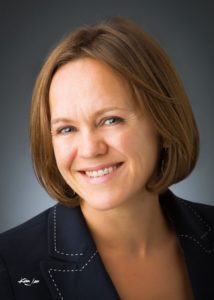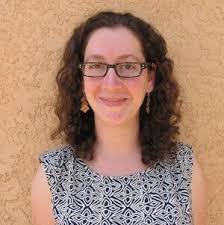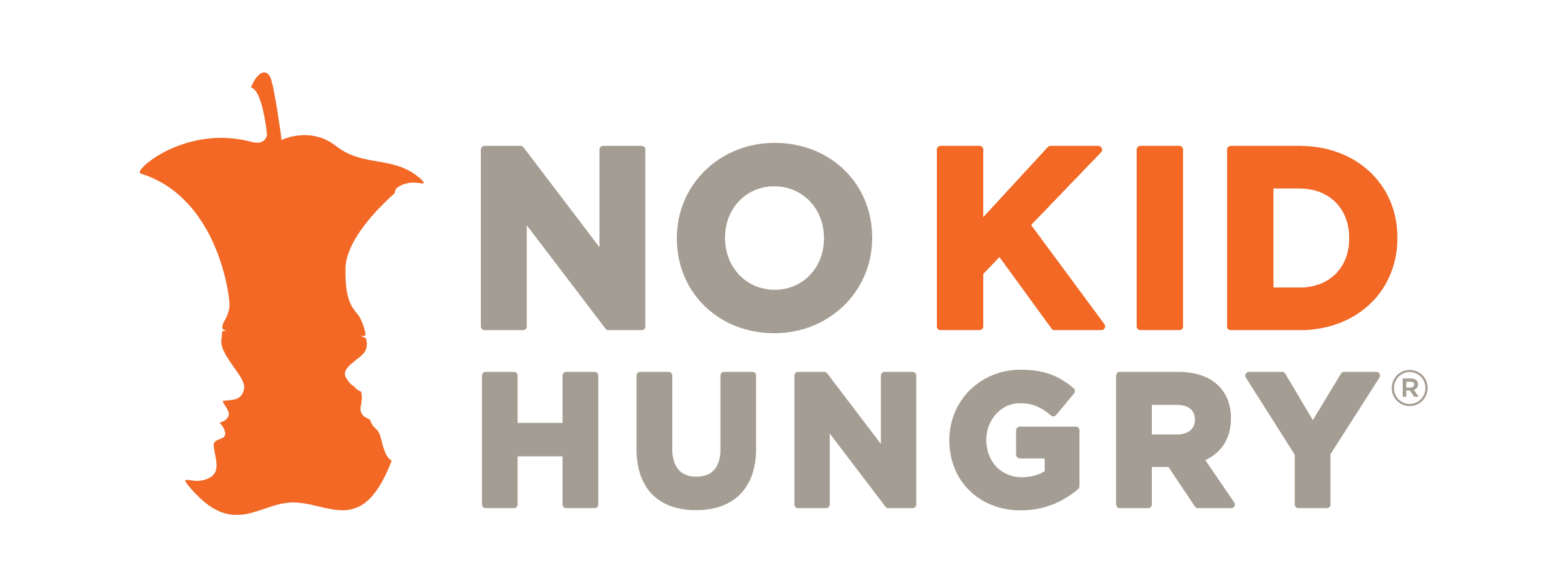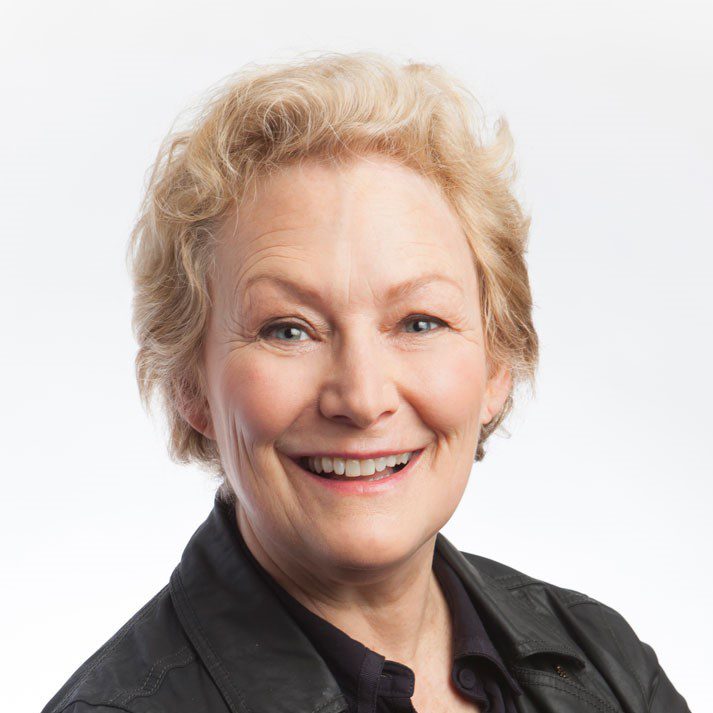
Supporting Better Habits and Building Healthy Communities
How can we develop systems that support good eating habits and healthy communities? In this episode of Add Passion and...
About This Episode
How can we develop systems that support good eating habits and healthy communities? In this episode of Add Passion and Stir, two passionate women describe how their organizations support community health in New Mexico, a state where 25% of children are food insecure. Leigh Caswell, Director of the Center for Community Health at Presbyterian Healthcare Services, develops community health assessments and plans. Anzia Bennett, Director of Three Sisters Kitchen in Albuquerque, developed her business to create opportunities for the community to help build and benefit from the local food system. Both focus on healthy eating, which is a particular challenge in disadvantaged communities. “We know that [making healthy choices] as people of privilege is a challenge. But when you look at [disadvantaged] communities, you can see that they’re targeted…There’s a lot less opportunity to make healthy choices,” says Caswell. The Center’s programs - including healthy food ‘prescriptions,’ summer meals and a mobile farmers market - drive healthier eating habits and contribute to healthier economies. “The question we ask is ‘what makes you feel good when you eat certain foods...what energizes you,’” says Bennett. “That becomes a really beautiful way to tap into a more mindful relationship with the food we eat.” Three Sisters Kitchen has a local food shop, café, commercial kitchen, test kitchen, community dining room and classroom to support food entrepreneurs’ development of ideas that extend the revenue-generating season for local farmers. Caswell believes that there has to be big investment if we want to shift our food culture. She believes that federal healthcare policy needs to provide resources that allow healthcare providers to leverage their own resources like cafeterias, purchasing power, and communication channels. “Making healthy choices around food is so complex that we have to work in so many different levels of the socio-ecologic framework,” she explains. Bennett agrees that federal policy around farms subsidies needs to change to level the playing field for small growers and farmers committed to organic, biodynamic, or sustainable practices. “When we talk about healthy food, access to healthy food, and food as medicine, we’re literally talking about what that food does in our bodies, but we’re also talking about the ways food connects us to our families and our traditions,” she says. Learn about successful models for building communities in this in-depth conversation between two talented community health practitioners.Resources and Mentions:

Leigh Caswell
The Director of the Center for Community Health at Presbyterian Healthcare Services (PHS). In this position, Caswell supports the PHS community health priorities of healthy eating, active living, and prevention of unhealthy substance use; this includes partnering with communities to develop community health needs assessments and implementation plans for eight hospitals. Previously, she managed the UNM Health Sciences Center Vision 2020 – “partnering with communities to improve health and health equity” and was the Coordinator of the Bernalillo County Community Health Council where she supported community-based health assessment and planning. Caswell is adjunct faculty at the University of New Mexico EMS Academy where she has helped to build and teach their Community Paramedic curriculum. She has a B.S. in Environmental Health from Colorado State University and a Masters of Public Health from the University of New Mexico (UNM). Caswell has served on several community boards including Albuquerque Health Care for the Homeless, (Chair) Bernalillo County Community Health Council, (past President) Albuquerque Mountain Rescue Council, and (past President and current Policy Co-Chair) New Mexico Public Health Association.

Anzia Bennett
A public-health practitioner committed to health equity and food justice, who works at the intersection of public health, community, food, and social justice. Bennett is the Director of Three Sisters Kitchen, a multi-use space for “foodpreneurs,” that includes an incubator, retail and showcase spaces, and a culinary classroom where locals can discover their inner chef. Prior to that, she was the principal of AMB Community Consulting, where she worked with local health systems, small farmers and community-based organizations to develop wellness programming that is responsive to community-articulated needs, and addresses the social and structural determinants of health. Additionally, she teaches Community Nutrition at the University of New Mexico and leads a monthly series of community cooking classes. For five years, Anzia served as the Food Access program director for the Agri-Cultura Network, a farmer-owned cooperative in Albuquerque’s South Valley, where she worked to make locally grown, healthy food affordable and accessible to all. She earned a master’s degrees in American Studies and Public Health from the University of New Mexico. Bennett serves on the Nurse Family Partnership Community Advisory Board, the Rio Grande Farm Coalition Board of Directors and the Working Classroom Board. She is a W.K. Kellogg Foundation Community Leadership Network Fellow and a Regional Institute for Health and Environmental Leadership Fellow.

No Kid Hungry
http://nokidhungry.org/Share Our Strength’s No Kid Hungry campaign is ending child hunger in America by ensuring all children get the healthy food they need, every day.
Root Cause Coalition
https://rootcausecoalition.orgThe Root Cause Coalition is a national, member-driven, nonprofit organization dedicated to addressing the root causes of health disparities by focusing on hunger and other social determinants leading to nationwide epidemic of preventable chronic health conditions.
Presbyterian Healthcare Services
Envisions a healthy New Mexico. They seek to improve the health of the patients, members, and communities they serve. This means a commitment to improving access to health care, health insurance coverage, community supports, healthy food, and opportunities for exercise, and supporting everyone to have the opportunity for good health and well-being. In alignment with the health needs of each community they serve, Presbyterian has decided to continue to focus on the three core priorities: healthy eating, active living, and prevention of unhealthy substance use, chosen in 2013 because they impact a number of the root causes of the poor health of New Mexicans. Presbyterian’s healthy eating initiative includes a variety of projects designed to improve the nutrition of New Mexicans. Specific areas of focus include nutrition education, school gardens, community-supported agriculture, and supporting growers markets and policy changes to increase the availability of healthy foods in schools and workplaces.
Three Sisters Kitchen
Based on the belief that beyond nourishing our bodies, food is about health, tradition, community, and opportunity. It is a place for people to come together to eat, cook, learn, and build. Three Sisters Kitchen emerged from community conversations hosted by the DowntownABQ MainStreet Initiative, the Downtown Albuquerque Growers’ Market, neighborhood residents, community-based organizations, farmers, healthcare and social service providers, and local business owners. A welcoming space that celebrates and supports local food producers year-round, it promotes a healthy community and offers meaningful opportunities to engage in the local food system. Three Sisters Kitchen opened in 2017 to fulfill a need and to complement existing food and health programming in Albuquerque. As a discovery-based test kitchen, community classroom and local foods shop, they support the incubation of new ideas and work towards its vision of a food-secure community with a vibrant culture of health and a deep commitment to food and economic justice.


